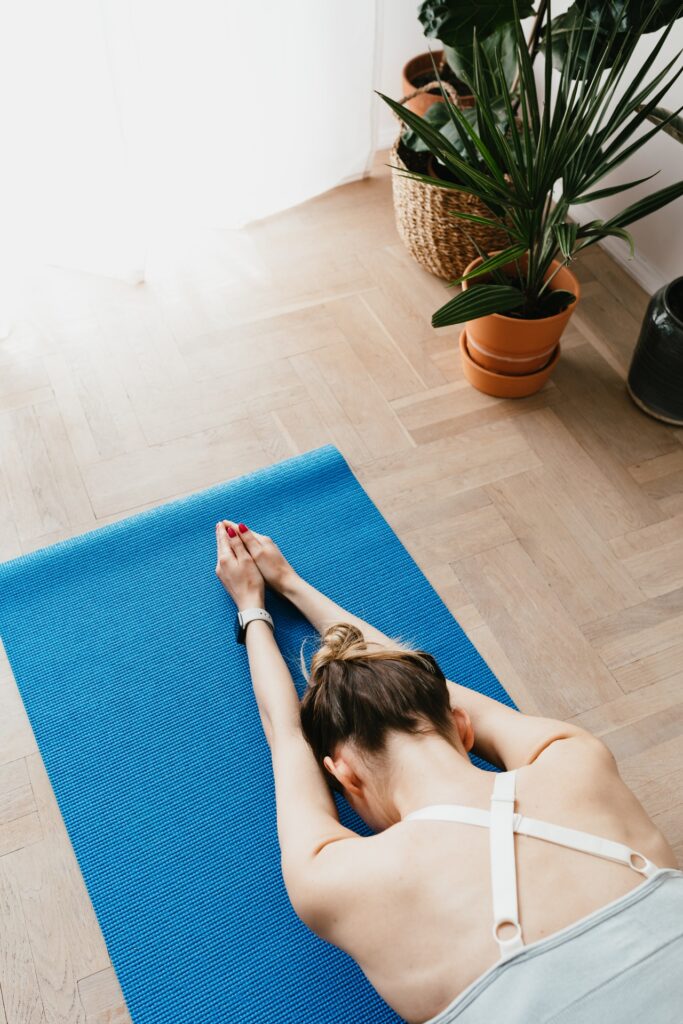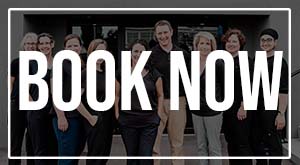Stress is a reality of life and while it’s true that some of us are genetically predisposed to be more resilient than others, there are still so many things we can do relieve its impact on us. Learning to incorporate stress relief strategies into our lives is vital to our health.
Not ALL stress is bad. In fact, our goal is NOT to get rid of ALL stress. That’s actually not healthy either.
Categories of stress
- Good stress: Keeps us alert, focused and boosts our immune system. Help us become more resilient and provides good growth experiences if we’re willing to learn.
- Tolerable stress: We can cope with it but it does cause a sense of distress and helplessness about the circumstances.
- Toxic stress: We can’t cope with it or are coping in unhealthy ways. Usually lasts longer and is harder to recover from than the other 2 kinds.
Types of stress
- Physical = Injury or threat of injury, disease/illness, intense exercise
- Chemical = Heavy metal exposures, pesticide exposure, environmental toxins, chemicals in personal beauty products and household cleaners.
- Mental = Worry. Our minds are a battleground and we choose what to think about and dwell on every day. Our health may be under physical stress but worrying about our health is also a stressor.
Thus….we can reduce stress by paying attention to minimizing stress on our bodies AND our minds!
18 Stress Relief Strategies
- Do Yoga – It helps to balance cortisol.
- Look for ways to boost loving kindness, compassion and gratitude towards others and yourself.
- Incorporate progressive muscle relaxation into your routine. Tensing a group of muscles as you breathe in and quickly releasing tension as you breathe out. Work from your toes to your head or reverse.
- Get a massage – Physical touch especially from loved ones is so crucial to lowering cortisol
- Belly laugh!! Watch funny and/or cute videos and/or create some for others to watch too
- Listen to calming music
- Don’t overeat but ALSO don’t under eat. Low calorie diets increase cortisol. You should not drop below 1200 per day.
- Eat the right foods. Foods high in magnesium, probiotics, Omega 3’s and zinc are supposed to keep us calmer. Sauerkraut, kefir, cashews, sesame seeds, swiss chard, pumpkin seeds, spinach, chick peas, cocoa powder and salmon are a few.
9. Practice deep breathing and meditation/prayer. Schedule it in!
10. Meditate on the right things! Don’t dwell on your circumstances but rather find ways to reframe your thinking into more positive solutions. Ask for help to do this! Find things in your life that stimulate positive thinking and schedule in more time to practice these.
11. Exercise. Again…schedule it in or it doesn’t happen!
12. Immerse yourself in cold water. Go jump in a lake, river, pool or end your shower with a cold blast of water, as this stimulates the parasympathetic nervous system. Even splashing your face with cold water is beneficial.
13. Work to improve your sleep. This has it’s own blog post on our site because there is so much to consider with this issue.
14. Change your perspective. Seek ways to reframe your thinking about your circumstances. Is it a challenge you can handle or a threat that is overwhelming you?
15. Be mindful of your feelings, name them, acknowledge them and allow them to be “teachers” not “dictators”. Let them pass by and evaluate if each thought is going to make you healthier or not. When we distinguish between, and name our emotions, we can take the right actions to effectively resolve them.
16. Be aware of your physical symptoms of stress. Being able to identify what stress feels like in your body may signal you to make a change.
17. Take a break from your phone. The more time spent on your phone, the more stress you are under.
18. Practice acceptance. Change what you can and accept the rest.
At Durham Pelvic Health we take a whole person approach in helping our patients return to optimal health. We discuss your various life stressors and how they are impacting your health on a day-to-day basis. We teach you how to incorporate stress relief strategies into your daily routine. Call us to book an appointment today!
For more information on this and other health matters try visiting healthmeans. PLEASE NOTE: The information on this website is intended for educational purposes only. It should not replace or be relied upon in the place of medical advice given by a doctor.












